
imperfect parenting
The preacher’s perils

'Imperfect Mum'
Dear Preacher, We are so thankful for the preaching gift God has blessed you with – a gift that has blessed us and our children, and our church family, for longer than you’ll ever know.
But please, stop apologising for the length of your preaching or the number of points your sermon has! I worry about the message it sends to our children.
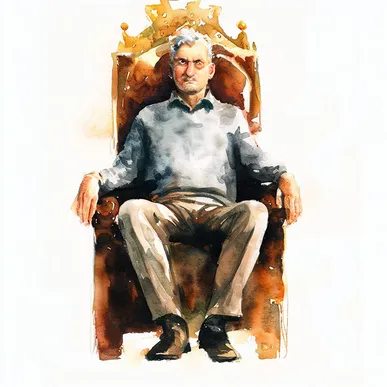
imperfect parenting
Insidious patriarchy?

'Imperfect Mum'
It’s not often a conversation with my children stops me in my tracks, but this one still troubles me for reasons I’m not sure I can fully articulate. But I’ll try.
I was at the dinner table with my two youngest, an unopened Amazon package sitting on the sideboard. The chat went like this:
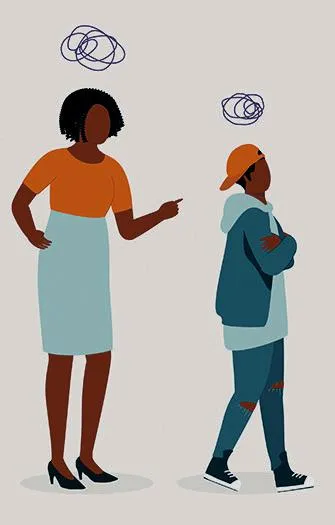
imperfect parenting
When older children walk away from church…

'Imperfect Mum'
Dear reader, my heart and soul are heavy as I write. An older child of mine has fallen for the world hook, line and sinker.
My mind thrashes around searching for answers I don’t have; my prayers go unanswered; the tension in the home is palpable; and I need Godly counsel in dealing with it.

imperfect parenting
Blasphemy at Christmas?

'Imperfect Mum'
I have to admit that as a child at Christmas, I’d mischievously sing ‘While shepherds washed their socks at night, all seated on the ground’ – with greater gusto in school assemblies than in church!
At least when we sang ‘Lord of the dance, said he…’ in assemblies, I genuinely thought (and sang) that the lyrics were ‘Lord of the dance settee’ – imagining small crowds of people dancing on settees (or sofas, if you prefer) with their hands in the air praising God…
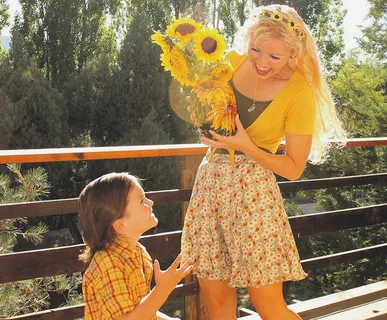
imperfect parenting
‘If only I’d done parenting differently…’ Really?

'Imperfect Mum'
The Imperfect Parent’s household is going through a season of endings and of new beginnings, involving a fair amount of reminiscing, of celebration and of anticipation. And while there’s much thankfulness to God for too many mercies to count, there’s also regret at where we’ve failed.
Rare is the seasoned parent who does not look back over months and years without regret – usually with a touch of self-flagellation. As I ponder the last couple of decades, there are too many ‘if onlys’ to count. If only I’d not cared so much about what others thought of my parenting skills and more of what the Lord wanted of me.

imperfect parenting
Must have? Really?

'Imperfect Mum'
This is what my email inbox looked like
one morning
in mid-May:
‘must-have’
spring jackets; ‘must-have’ ingredients for
youthful looks; and a little further down
my emails – ‘must-have’ summer styles. I
don’t think I’ve had a ‘must-have’ funeral
plan – yet.
Being somewhat of a rebel, this well-worn
but psychologically clever cliché tends to
have the opposite effect on me. ‘No thanks’,
I’ll say inwardly, ‘not if you tell me I need it.’
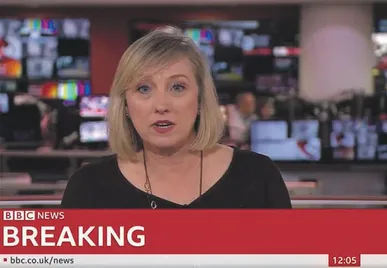
imperfect parenting
Confessions of a news junkie

'Imperfect Mum'
I have to confess to being a bit of a news junkie. It’s much to do with the work that I trained to do, my love of writing and, I suppose, a lifelong thirst for information.
I guess my first introduction to news was the 6pm news on BBC Radio 4 when I was a child. I’m not that old, but television never featured in my household – much to the amazement of my schoolfriends who talked about the latest episode of Neighbours every lunch hour.
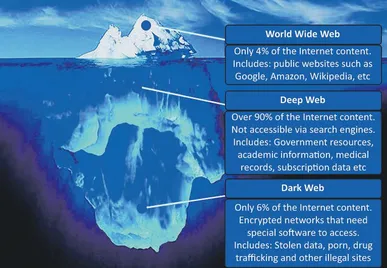
imperfect parenting
The dark web and my daughter’s secret

'Imperfect Mum'
A girl in her late teens sits down next to her mother. I sense all is not well. ‘Mum, I need to tell you something.’
My heart lurches with a familiar parental dread. I’ve been here before with her. More than once. What can it be now? Can it be worse than what’s come before?
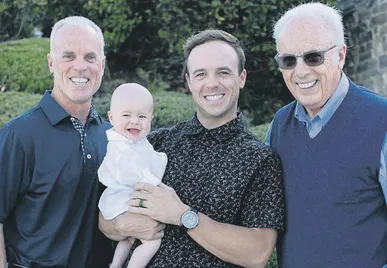
imperfect parenting
Parents, children and genealogies

'Imperfect Mum'
What do the genealogies in Scripture teach us about parenting? Come to think of it, what do they teach us about anything?!
The latter is a question I’ve pondered often, tempted – to my shame – to discard them as of little importance in the grand scheme of Scripture (despite my head knowledge that all Scripture is given by inspiration and is profitable).
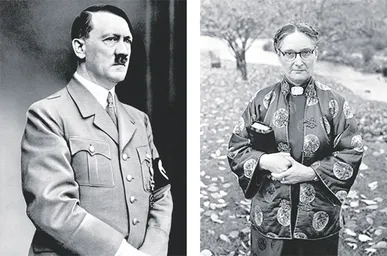
imperfect parenting
Who will your child of today become?

'Imperfect Mum'
Today’s child is tomorrow’s Hitler. Today’s son is tomorrow’s Dennis Nilsen. Boris Johnson. Ravi Zacharias. Today’s daughter is tomorrow’s Gladys Aylward, or Florence Nightingale, or praying Hannah. Or the Myra Hindley of tomorrow.
Or think about this: Saddam Hussein was yesterday’s child; Stalin, yesterday’s baby; and Harold Shipman, yesterday’s child – an aspiring doctor, then a serial murderer.

imperfect parenting
Your child, your teacher?

'Imperfect Mum'
Our children can teach us important lessons and remind us of crucial truths. Though our parenting mindset is necessarily focused on being the teacher (even more so during a national lockdown), we need to be open to the possibility that maybe, just maybe, we can learn from our own children.
By their very nature, our children will be unaware when they are imparting some lesson to us, and as Christian parents, we need to be humble enough to learn from them.
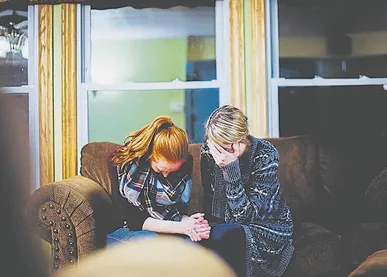
imperfect parenting
Honest questions from a hard-pressed teenager

'Imperfect Mum'
‘Why does God keep testing me, mum?’, my teenage daughter asked (digitally of course, though to be fair, she was at work at the time).
‘Because you’re precious to Him,’ I typed. ‘He tests us to refine us – and He has chosen, in His plan, to test you in these years. He has a plan for you. Pray for wisdom, guidance and peace.’ My answer wasn’t particularly theologically deep; had I not been juggling cooking a family meal and looking after younger children at the time, I might have given a more considered one. But I hope she will remember those meagre words when she’s overwhelmed once again – and, truth be told, I also need to learn the truth of what I replied. Because through the unique challenges we’re all living through, there is perhaps one thing above all else that tests me as a parent during the pandemic, causing much self-examination and self-recrimination.

imperfect parenting
Do you FULLY know the dangers of digital?

'Imperfect Mum'
The purpose of writing anonymously is to enable me to be freer in how I write and what I write about. To be more honest about my parental failings and limitations and more open about the difficult topics facing parents.
Such as the dangers of children accessing pornography. We had a challenging Sunday recently (the evil one does tend to favour the Lord’s Day to test Christians, don’t you think?). It was a relatively short-lived incident but raised many issues for us as parents.
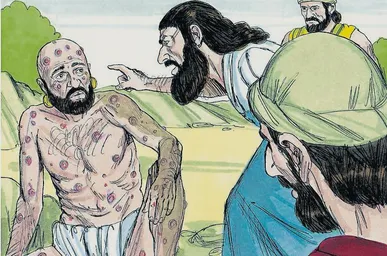
imperfect parenting
Yet will I trust Him, though
He slay me?

'Imperfect Mum'
Let me ask you something: what is your
‘normal’?
Normality has, for all intents and purposes,
lost its meaning for the majority over the
past year in the maelstrom of Covid-19, and
what was normal remains (at the time of
writing) a long way off.
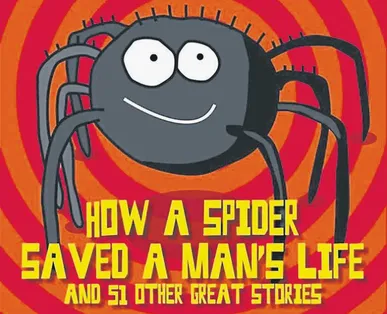
imperfect parenting
How a spider saved a man’s life… and other stories

'Imperfect Mum'
52 Spurgeon Stories for Children1 is a firm fixture in the bedtime routine of my almost-10-year-old son. If I happen to pick another book, he’ll ask: ‘Can you read a Spurgeon?’
For the unfamiliar, these are brief but true tales from the life of the great 19th-century preacher C.H. Spurgeon (here’s a taster: ‘How a Spider Saved a Man’s Life’).